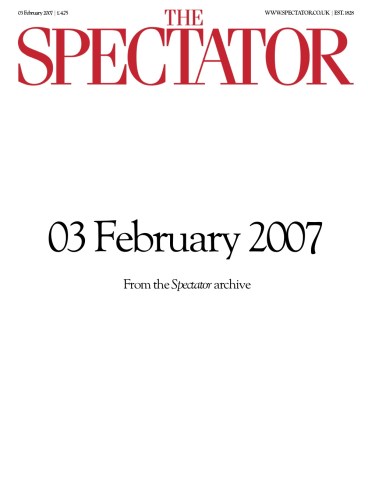Virtually a kangaroo court
When Slobodan Milosevic died, more than four years into his trial for war crimes, newspapers around the world said that he had cheated justice. It would have been more accurate to say that he had cheated injustice. Had he lived, the judges would have been faced with an unpleasant dilemma: either to find him not

